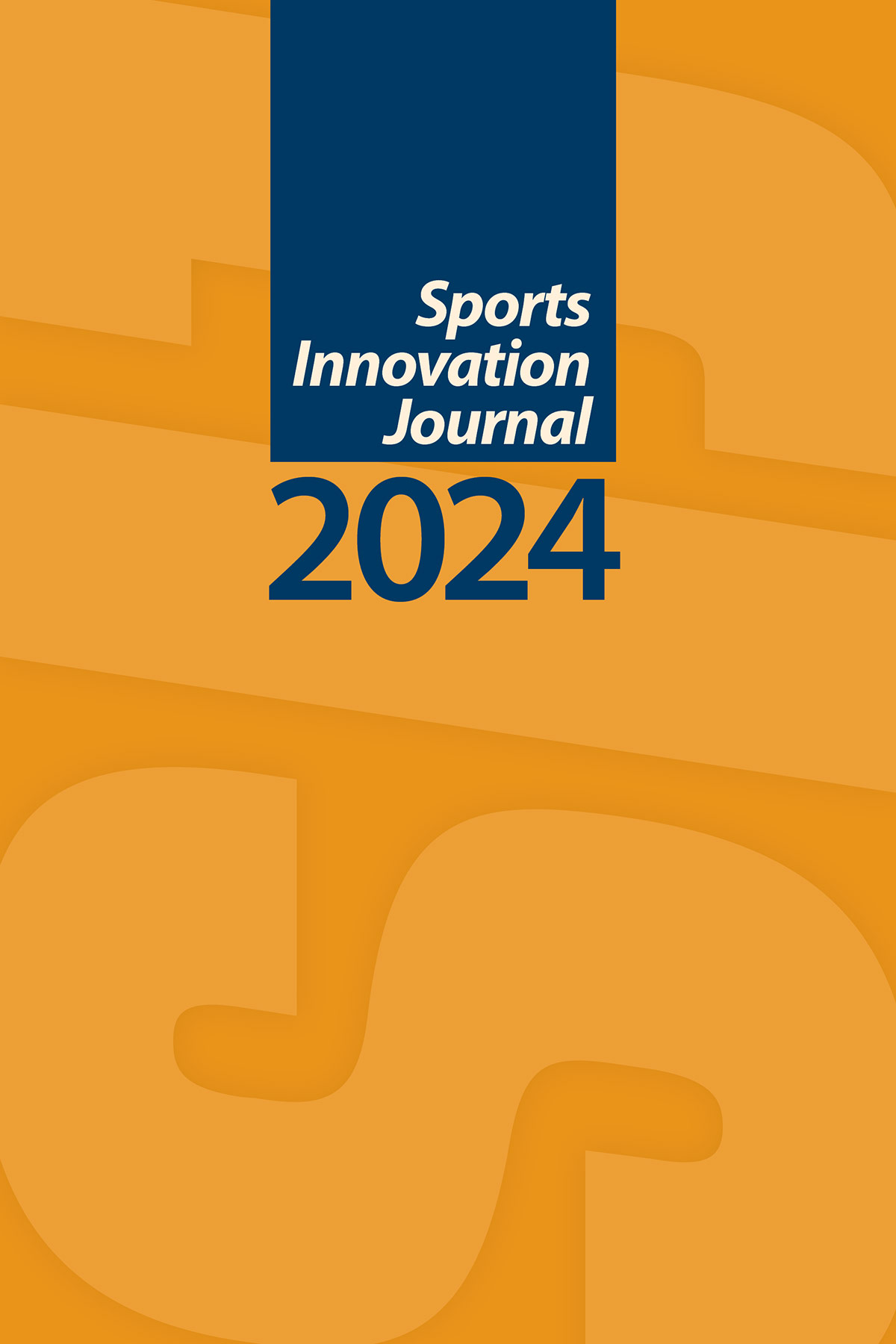“Constantly Fighting a Battle”
Identifying Factors and Strategies to Prevent Learning Specialists from Leaving Athletic Academic Support
DOI:
https://doi.org/10.18060/27629Keywords:
learning specialists, burnout, collegiate sports, academic support, NCAA, resignation, higher educationAbstract
Learning specialists within athletic academic support units on college campuses support the most fragile, neurodiverse learners. Learning specialists provide individualized academic support to prioritized collegiate student-athletes who are most at-risk for academic difficulties (Steinberg et al., 2018). While previous research has emphasized the value this role contributes to the academic success (McCarthy, 2019) and winning success (Stokowski et al., 2020) of college student- athletes, individuals who served as learning specialists have decided to leave the athletic academic support field. The purpose of this study was to identify the primary factors that influenced this decision. Using snowball sampling method, an online questionnaire was disseminated to former learning specialists (N = 22). Descriptive statistics were used to analyze closed-ended responses. Open-ended results were coded for common themes. Six themes emerged related to the dimensions of burnout—workload, control, reward, fairness, values, and community—which all encompass the three domains: emotional exhaustion, depersonalization, and inefficacy (Maslach et al., 2001). The implications of this study provide a critical opportunity to reflect and invest in learning specialist resources to minimize burnout and maximize retention efforts within collegiate athletics academic support units across the nation. Suggestions for additional education and development opportunities focused on learning specialists are offered along with specific retention strategies.
References
Allen, M. (2017). The sage encyclopedia of communication research methods (Vols. 1-4). SAGE Publications, Inc. https://doi.org/10.4135/9781483381411
Dillman, D. A., Smyth, J. D., & Christian, L. M. (2009). Internet, phone, mail, and mixed-mode surveys: The tailored design method. Wiley.
Freudenberger, H. J. (1974). Staff burn-out. Journal of Social Issues, 30(1), 159-165. https://doi.org/10.1111/j.1540-4560.1974.tb00706.x
Gall, M. D., Gall, J. P. & Borg, W. R. (2007) Educational research. Boston, MA: Pearson.
Hardin, R., Veraldo, C. M., Taylor, E. A., & Jilka, D. (2020). The relationship between job satisfaction and burnout: Athletic academic counselors. Journal of Student-Athlete Educational Development and Success, 2, 103-137.
Kaye, B. & Jordan-Evans, S. (2015). Hello stay interviews, goodbye talent loss: A manager’s Playbook. Berrett-Koehler Publishers, Inc.
Larrivee, B. (2012). Cultivating teacher renewal: Guarding against stress and burnout. Lanham, MD: R&L Education.
Maslach, C., Schaufeli, W. B., & Leiter, M. P. (2001). Job burnout. Annual Review of Psychology, 52, 397-422. https://doi.org/10.1146/annurev.psych.52.1.397
McCarthy, C. (2019). Follow rules education, monitoring strategies for Learning Specialists, tutors. College Athletics and the Law, 16(2), 1-5. https://doi.org/10.1002/catl.30599
Pines, A., & Aronson, E. (1988). Career Burnout: Causes and Cures. New York: Free Press.
Rubin, L. M., & Moreno-Pardo, M. D. (2018). Burnout among student-athlete services professionals. Journal of Higher Education Athletics, 1(3). https://doi.org/10.15763/issn.2376-5267.2018.1.3.1-25
Rumschlag, K. E. (2017), Teacher burnout: A quantitative analysis of emotional exhaustion, personal accomplishment, and depersonalization. International Management Review, 13(1), 22-36.
Santoro, D. A. (2018). Is it burnout? Or demoralization. Educational Leadership, 75(9), 10-15.
Steinberg, M., Walther, C., Herbst, M., West, J., Zamagias, D., & Smith, J. (2018). Learning specialists in college athletics: Who are they and what do they do? Journal of Higher Education Athletics & Innovation, 1(4), 77-118.
Downloads
Published
Issue
Section
License
Copyright (c) 2024 Muriel Ledbetter, Sydney Steinberg, Mary Anne Steinberg, Cary Springer

This work is licensed under a Creative Commons Attribution 4.0 International License.
Copyright to articles published in Sport Innovation Journal is retained by the author(s).


